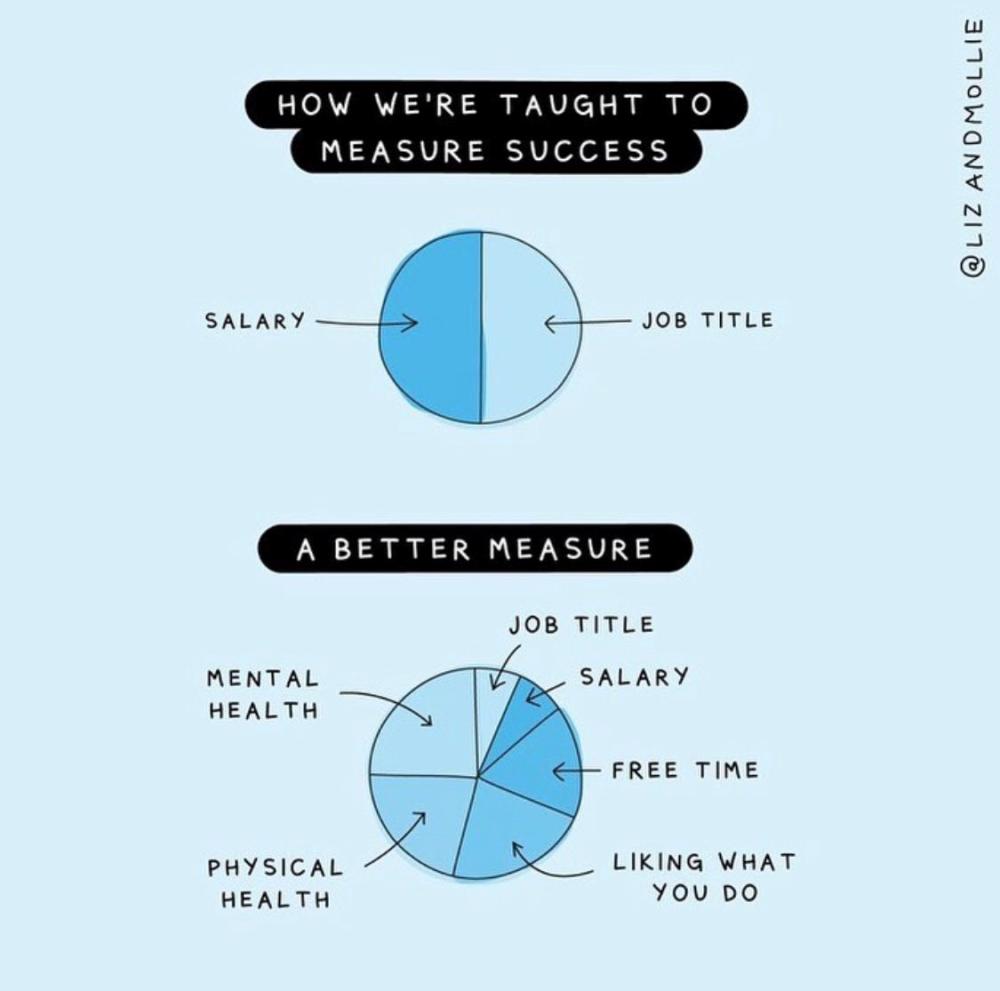Why ”No” is a complete sentence

Dr Sarah Marsh is deputy Chair of the Women in Intensive Care Medicine Sub-Committee and the Education sub-committees of the FICM. She is also course Programme Director for the FICM’s exam preparatory course.
What a roller coaster the last 2 years have been. But despite many awful moments, the pandemic has provided us with an opportunity to rethink how we approach many aspects of our lives and what is possible with a little flexibility and forward thinking.
We may have said goodbye to handshakes and cuddles, sharing a drink with someone using the same straw, and blowing out candles on a birthday cake but we have embraced the use of videocalls, restaurant takeaway deliveries and a reduction in travel-related pollution. We have also begun to re-evaluate what’s important to us and how we want to spend our waking hours.
Many of us have reviewed our work-life balance and re-examined our engrained need to do all those extra-curricular activities that medics love to do. A few of us have gone on to start clearing the desk of projects and scaling back our endeavours to make space for family or me time.
However, we do as medics find it difficult to say “No”. Even though the word is only 2 letters long, it feels awkward or even wrong to say it out loud to someone. When asked to do an additional task that we may not wish to, it’s common for us to mutter “Sure! No problem!” (no), “Leave it with me!” (no), “Good idea! Maybe…” (no), “Could do!” (no), or “I’ll think about it!” (no).
“Not yes”
So why do we say “Yes” when we really want to say “No”? The reasons behind this behaviour are complex. We may agree to something because we don’t want to disappoint the person asking us or hurt their feelings. We may genuinely want to help but despite recognising that that this may come at a cost to ourselves, we place their needs over our own. We may say yes because we don’t want to look incompetent or unable to perform the task asked of us. Or we may want to conform with our peers and are worried about missing out on opportunities or hindering our career progression. We might just simply feel guilty about not doing “enough”.
Different cultural values and behaviours can also play into our response by saying something to keep up appearances that you don’t actually mean (See British behaviour of “How are you?”, “Oh I’m fine thank you” even when your leg is hanging off); in Thailand[i] for example saying no can be seen as being rude. They have adapted to this by using a phrase which translates to “not yes”.
Even when we do manage to utter the word “No”, we then tend to feel obliged to give an explanation as to why we couldn’t take on the additional task. We often don’t feel able to be 100% truthful with the reason, for example “spending more time with my family” or “concentrating on my health” is somehow seen as a terrible excuse and so we may confabulate a more complicated response.
Why is not saying “No” a bad thing
If we don’t say “No” when we want to say “No” the ramifications can be significant. We run the risk of becoming overloaded, burnt out and disengaged. Our level of enjoyment in our job may decrease, further playing into the emotional distress already being felt. The increase in the workload may then jeopardise the quality of our pre-existing work. The impact that our overloaded work life then has can spill over into our home lives. This may be absorbable for a period, but we can only manage so much cognitive load at any one time.
Saying “No” may have a number of benefits too
Saying ‘No” helps us to create boundaries within which we can create space in our busy schedules to rest and recharge. There is a degree of authenticity that comes with saying no; by being honest and open about your decision shows respect for yourselves and the other party. It gives us autonomy and control over our time and allows us to build confidence in the long run. By saying no, we are demonstrating our assertiveness and self-assurance, which are positive characteristics. It also affords us the opportunity to say yes to the things that we really value and want to do.
People will understand that we have other commitments and may not have the time to dedicate to what is required to do their task. We must remember that we are not responsible for response of the requester to our politely put “No”. If we say “No” and someone else is upset by that, it doesn’t mean that we should have said “Yes”. Whilst we may feel guilt around that event, guilt should only apply if we have done something wrong, not if someone else is disappointed by our decision.
It's ok to coast sometimes
We are constantly surrounded by motivational slogans suggesting we can be more and should be more; “No pain no gain, make it happen, go big or go home!” etc. There are times in our lives when it is the right time to say yes. But there are also times when we might be happier if we say to no to those things that may add to our burdens. It is ok to stay in the same role without seeking a promotion to consolidate for a period of time and regroup, particularly after such a time of flux that has been the last 2 years. It is perfectly acceptable, if not needed, to be able to coast sometimes! We don’t need to push relentlessly all the time. There are times to be in growth mode and there are times to be in safe mode. If there is a lot going on at home, for example caring responsibilities, moving house, a new relationship, a new outside interest, or a commitment to your own health, it may be the right time to be in safe mode professionally. There will be time and opportunity to shift up a gear again when it is right.
There are Benefits to saying “Yes” though
You may gain new skills and increase confidence in your abilities. You may meet new people and collaborate in new ways. You may learn new skills, discover new opportunities and areas of interest. It may also open new doors that were previously unknown to you or unavailable.
So the next time you are asked to do something you may want to say “No” to, firstly think about your own needs; how much of your energy, time and resources do you need to meet them? And then consider the following questions:
- Will saying yes prevent me from focusing on something that’s more important?
- Will saying yes make me even more tired or burnt out?
- What are my current values, beliefs, and goals – and does this align with them?
- Will saying yes be good for my mental health or will it worsen it?
- What (and how much) do I really want to do for others at the moment?
Be clear in your own head about what’s important for you to achieve and how much time it will take to achieve it. Have a someday/maybe list for later down the road. Be clear about the trade-offs – “I can do x but that means stopping y or delaying z”. And pay attention to how others say no as it can be an invaluable skill to have.
If we can master saying “No”, then saying “Yes” will become more meaningful. There will be opportunities in the future if right now is not a good time. What is important is that you value yourself and your time, as once you have conquered this, new roles and tasks will be manageable, more productive and even enjoyable.
And if all else fails just use the phrase “not yes” with a smile.
As a collective culture, Thai people are taught to be more concerned with what’s best for the group rather than what suits them personally. Perhaps this is why “no” is always tempered with a “yes”. “Not yes” seems to imply in one small phrase their regret at not being able to consent to what you’ve asked.
[i] https://www.bbc.com/travel/article/20170123-where-people-dont-like-to-say-no

